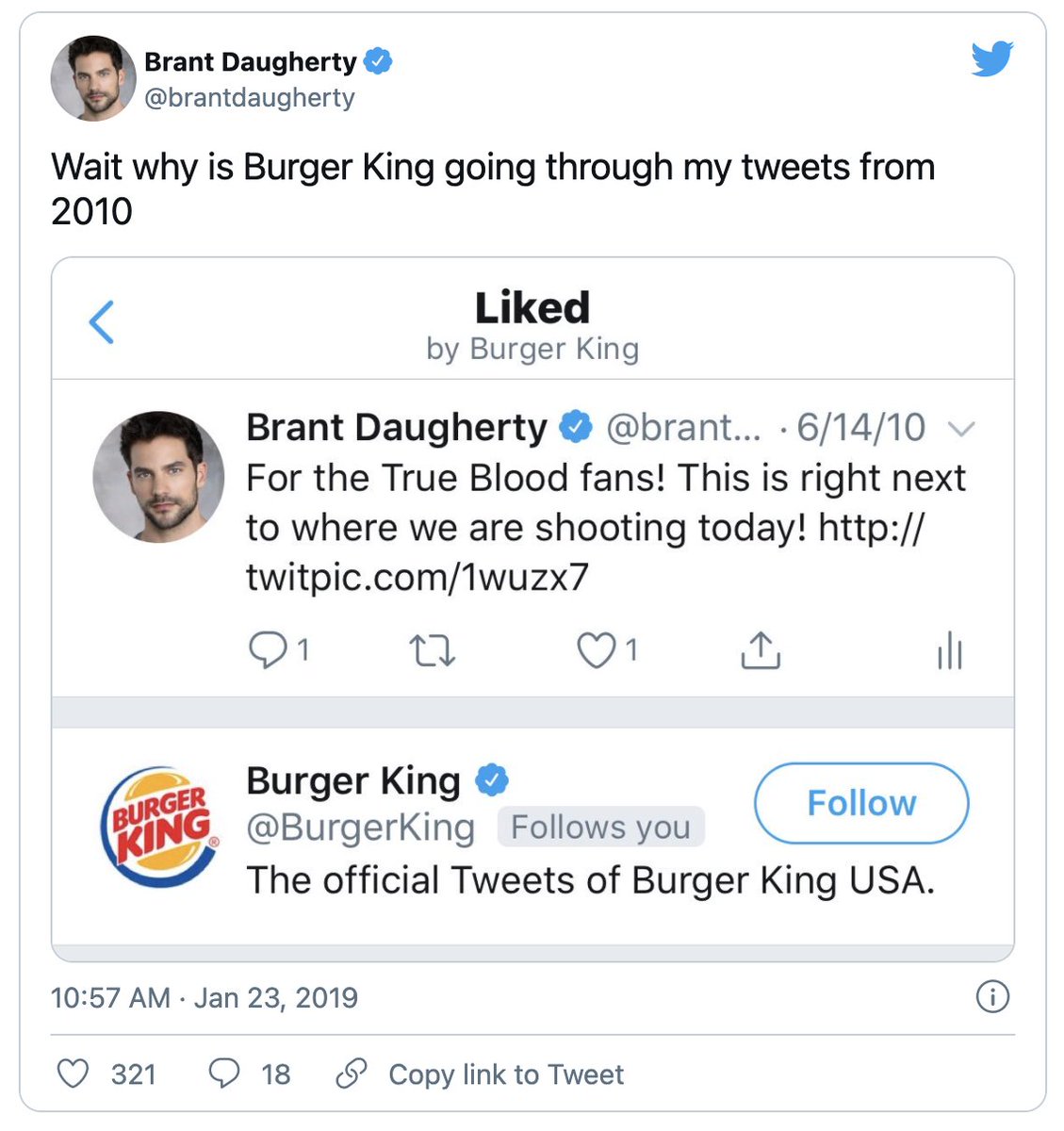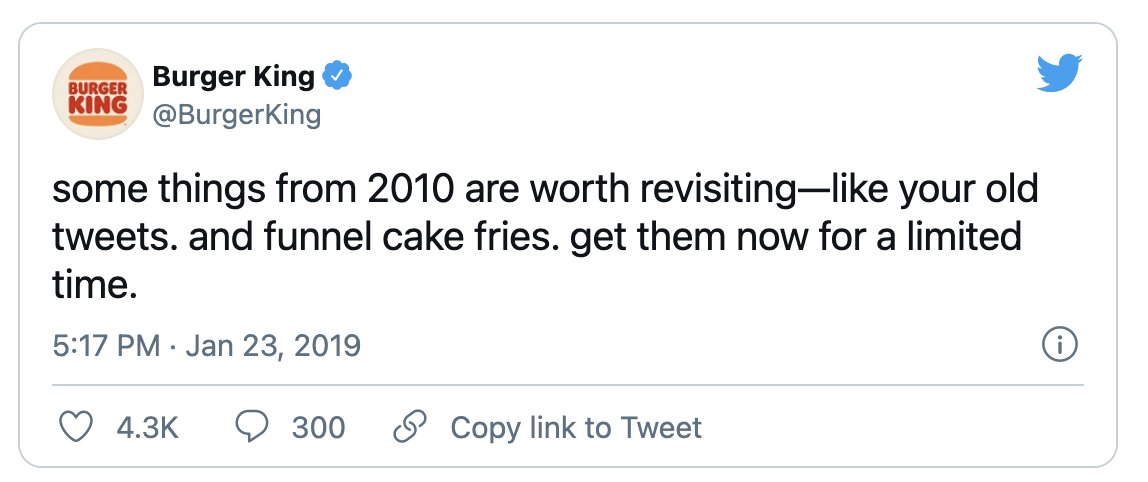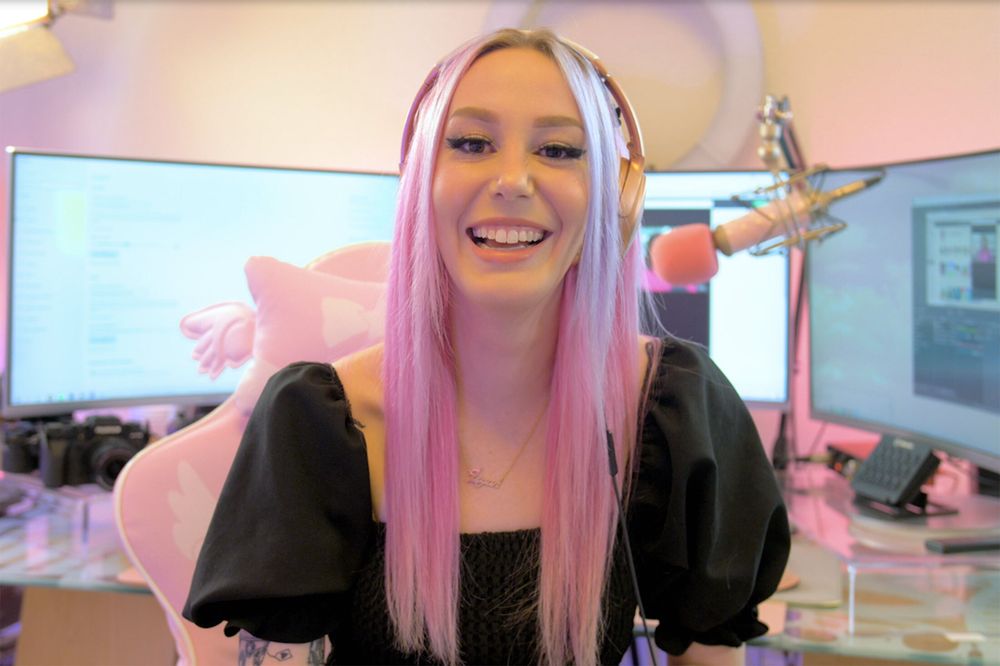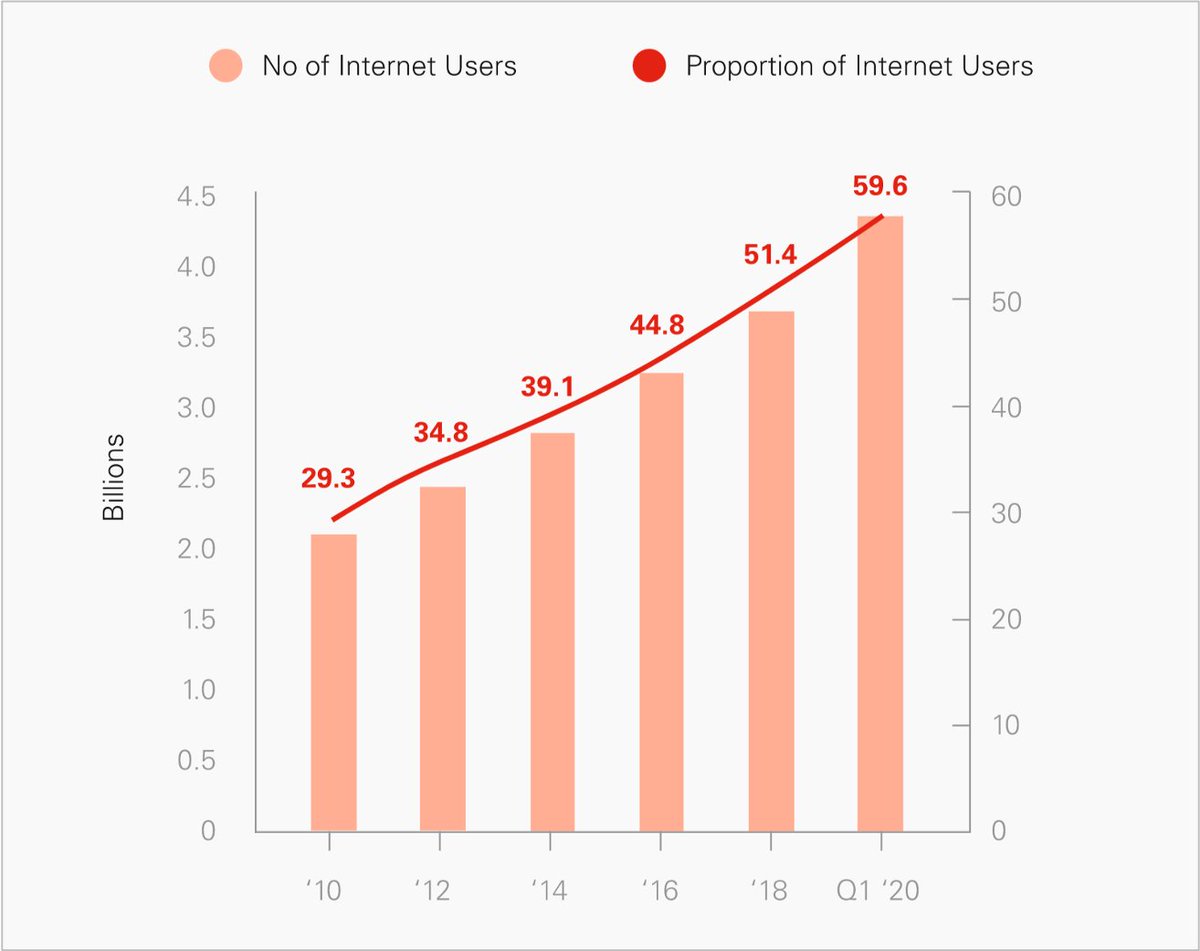
During the pandemic, unemployment in the Philippines hit 40%.
Thousands of Filipinos without jobs—like Howard, pictured here—turned to blockchain-based online games as a way to make money.
Here's how it happened 👇
Thousands of Filipinos without jobs—like Howard, pictured here—turned to blockchain-based online games as a way to make money.
Here's how it happened 👇

It started with Axie Infinity, a popular blockchain game with cartoonish creatures called Axies.
Axie is what’s called a play-to-earn game: if you win battles you earn a resource called Small Love Potion. You can exchange SLP for the cryptocurrency ETH & then convert to dollars.
Axie is what’s called a play-to-earn game: if you win battles you earn a resource called Small Love Potion. You can exchange SLP for the cryptocurrency ETH & then convert to dollars.

This man used to drive a taxi, but he had no customers during COVID.
He started playing Axie and making up to ~$300 a month. For reference, minimum wage in the Philippines is about $170 per month.
He started playing Axie and making up to ~$300 a month. For reference, minimum wage in the Philippines is about $170 per month.
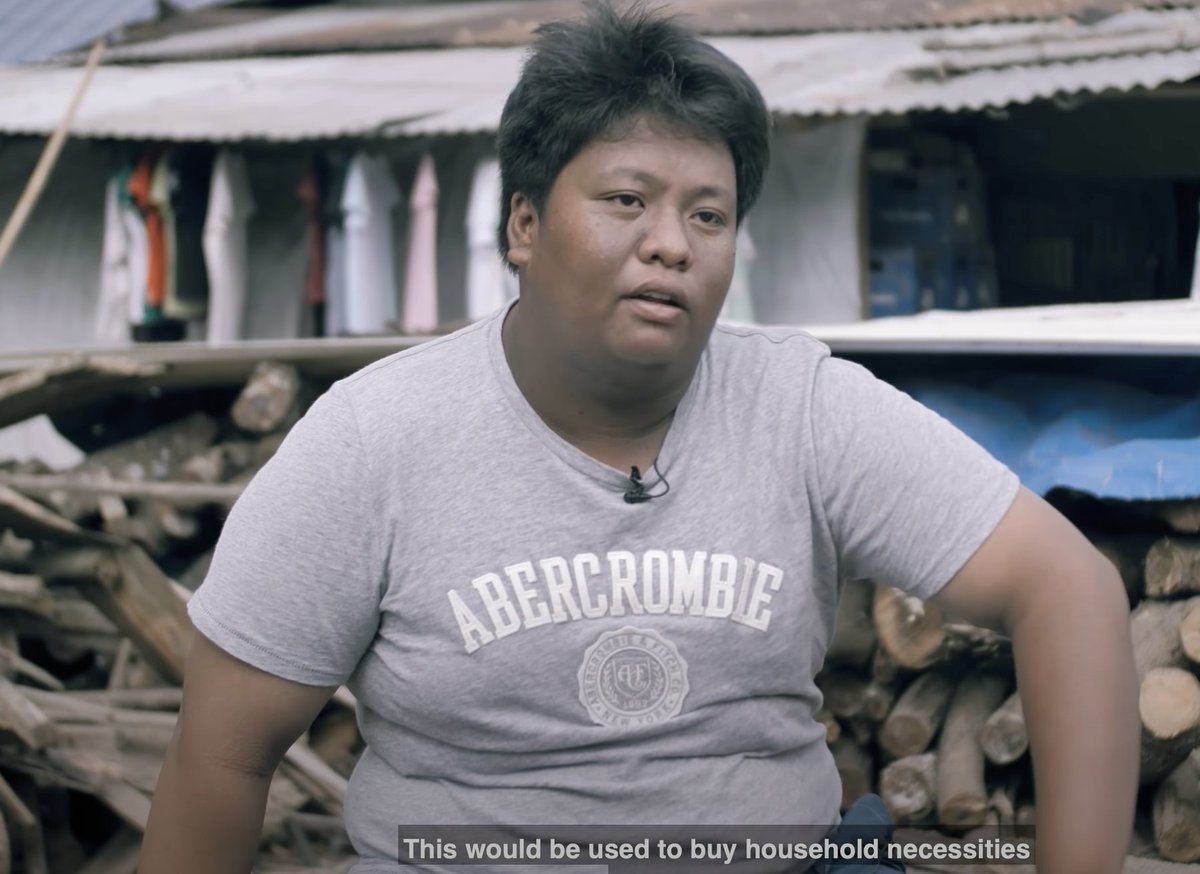
In this community in Cabanatuan City, about 68 miles north of the Philippines capital of Manila, over 100 people make a living playing Axie. 

Play-to-earn games have been life-changing for members of the community.
One 75-year-old man plays from 4am to 10pm and says, "This is my only entertainment."
His wife adds, "We’re praying to the Lord that Axie doesn’t go away. It’s how we pay for our medicine."
One 75-year-old man plays from 4am to 10pm and says, "This is my only entertainment."
His wife adds, "We’re praying to the Lord that Axie doesn’t go away. It’s how we pay for our medicine."

This concept—earning money playing online games with cartoon creatures—may seem silly, but it's putting food on the table for these people.
Play-to-earn games foreshadow future labor structures—structures that will be more common in an increasingly digital, borderless economy.
Play-to-earn games foreshadow future labor structures—structures that will be more common in an increasingly digital, borderless economy.
One problem with Axie is that it's expensive to start. One Axie costs ~$100 and you need 3 to get going. That's $300 most people don't have.
Yield Guild Games solves this by buying digital assets in games and *leasing* them to players. That way, anyone can get started.
Yield Guild Games solves this by buying digital assets in games and *leasing* them to players. That way, anyone can get started.
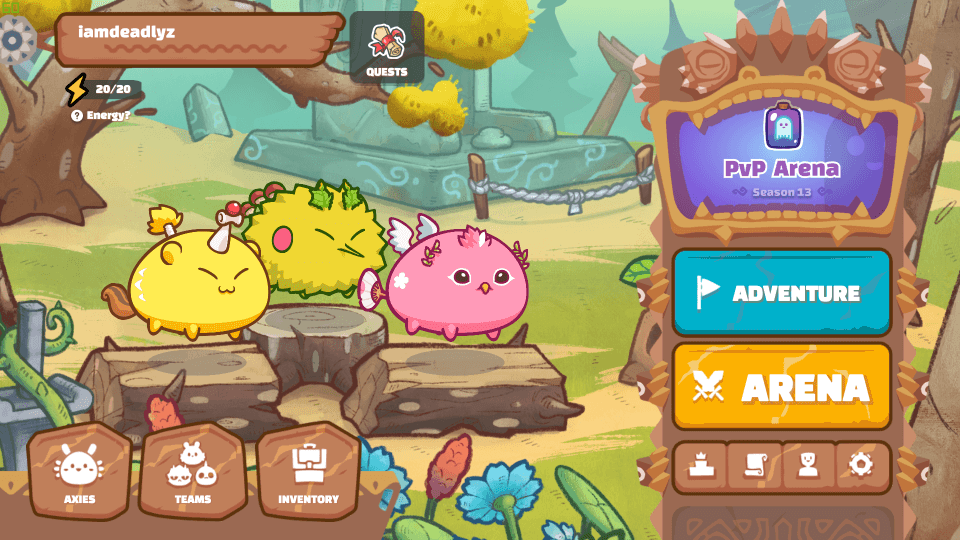
Yield Guild hires community managers to recruit players. Here's how the economics break down:
• Players keep 70% of the money they earn
• Their manager takes 20%
• The Guild takes 10%
Yield Guild has moved beyond Axie & now leases out digital assets in other virtual worlds.
• Players keep 70% of the money they earn
• Their manager takes 20%
• The Guild takes 10%
Yield Guild has moved beyond Axie & now leases out digital assets in other virtual worlds.
Yield Guild's founder Gabby Dizon likens his organization to "settling the metaverse."
Just as settlers explored the American frontier in the 1700s and Singapore in the 1950s, gamers are settling digital worlds.
They're building robust, thriving digital economies.
Just as settlers explored the American frontier in the 1700s and Singapore in the 1950s, gamers are settling digital worlds.
They're building robust, thriving digital economies.
In the metaverse, labor is borderless: workers can make money from anywhere—all they need is a smartphone and an internet connection.
Play-to-earn games reward players who have time & skill, rather than those with money. This creates a more equal & meritocratic digital economy.
Play-to-earn games reward players who have time & skill, rather than those with money. This creates a more equal & meritocratic digital economy.

At this moment, people in the Philippines are earning 2x minimum wage by playing an online game.
These Filipinos are an unlikely place to look to glimpse the future, but they embody a new digital economy—one that’s borderless and one in which labor flows as freely as capital.
These Filipinos are an unlikely place to look to glimpse the future, but they embody a new digital economy—one that’s borderless and one in which labor flows as freely as capital.
These Filipinos are showing what can happen when technology unlocks access and reinvents outdated economic systems.
Here's a longer piece on the future jobs of the metaverse, & h/t to Leah Callon-Butler's reporting on this phenomenon.
digitalnative.substack.com/p/how-people-i…
Here's a longer piece on the future jobs of the metaverse, & h/t to Leah Callon-Butler's reporting on this phenomenon.
digitalnative.substack.com/p/how-people-i…
• • •
Missing some Tweet in this thread? You can try to
force a refresh






